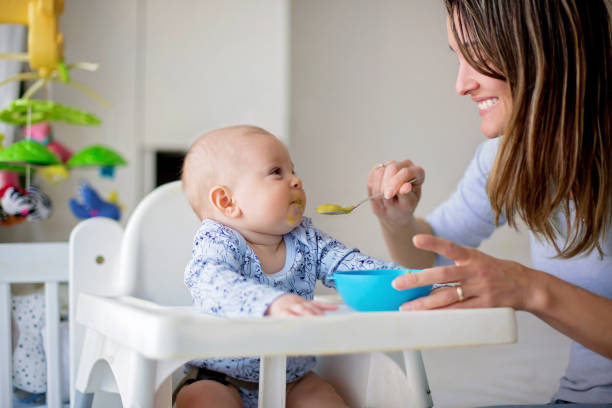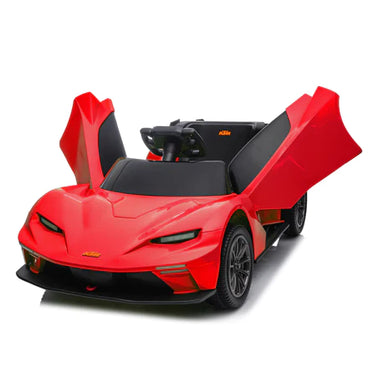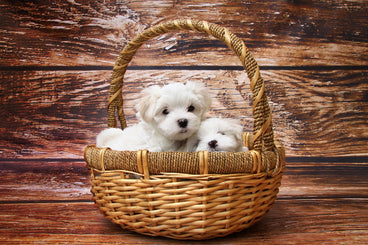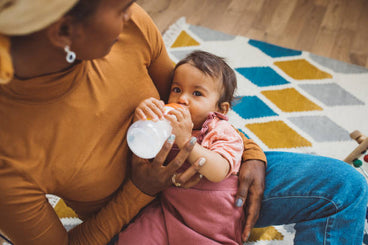Are Baby Food Containers Safe and Convenient for Storing Infant Meals? Exploring the Pros and Cons
Introduction: Baby food containers offer a convenient way to store and serve meals for your little one. In this blog, we delve into the pros and cons of using baby food containers, considering factors such as safety, convenience, and potential considerations. By understanding these aspects, you can make informed decisions about using baby food containers for storing your baby's meals.

The Safety of Baby Food Containers
-
BPA-Free Materials: Baby food containers are typically made from BPA-free materials, which reduces the risk of harmful chemicals leaching into the food. Ensure that the containers you choose are labeled as BPA-free for added safety.
-
Airtight Sealing: Baby food containers often come with airtight sealing to maintain the freshness and quality of the stored food. This helps prevent contamination and spoilage, ensuring the safety of your baby's meals.
-
Microwave and Freezer Safe: Many baby food containers are designed to be microwave and freezer safe, allowing for easy heating and freezing of meals. This convenience can save time and effort in meal preparation.

Convenience of Baby Food Containers
-
Portion Control: Baby food containers provide pre-portioned servings, making it easy to control the amount of food your baby consumes. This can be particularly useful when introducing new foods or managing your baby's appetite.
-
Easy Storage and Organization: Baby food containers are stackable and compact, allowing for efficient storage and organization in the refrigerator or freezer. They help minimize clutter and make it easier to plan and prepare meals ahead of time.
-
On-the-Go Option: Baby food containers are portable, making them ideal for feeding your baby while traveling or when out and about. They allow for convenient feeding without the need for additional containers or utensils.

Considerations for Baby Food Containers
-
Cost: The cost of purchasing baby food containers can add up over time, especially if you require a large number of containers for storing meals. Assess your budget and consider whether alternative storage options may be more cost-effective.
-
Environmental Impact: Baby food containers contribute to plastic waste. If you're environmentally conscious, you may opt for reusable containers or explore homemade baby food options that can be stored in eco-friendly alternatives.
-
Maintenance and Durability: Some baby food containers may require thorough cleaning or may not be as durable over time. Check product reviews and opt for containers that are easy to clean and built to last.




